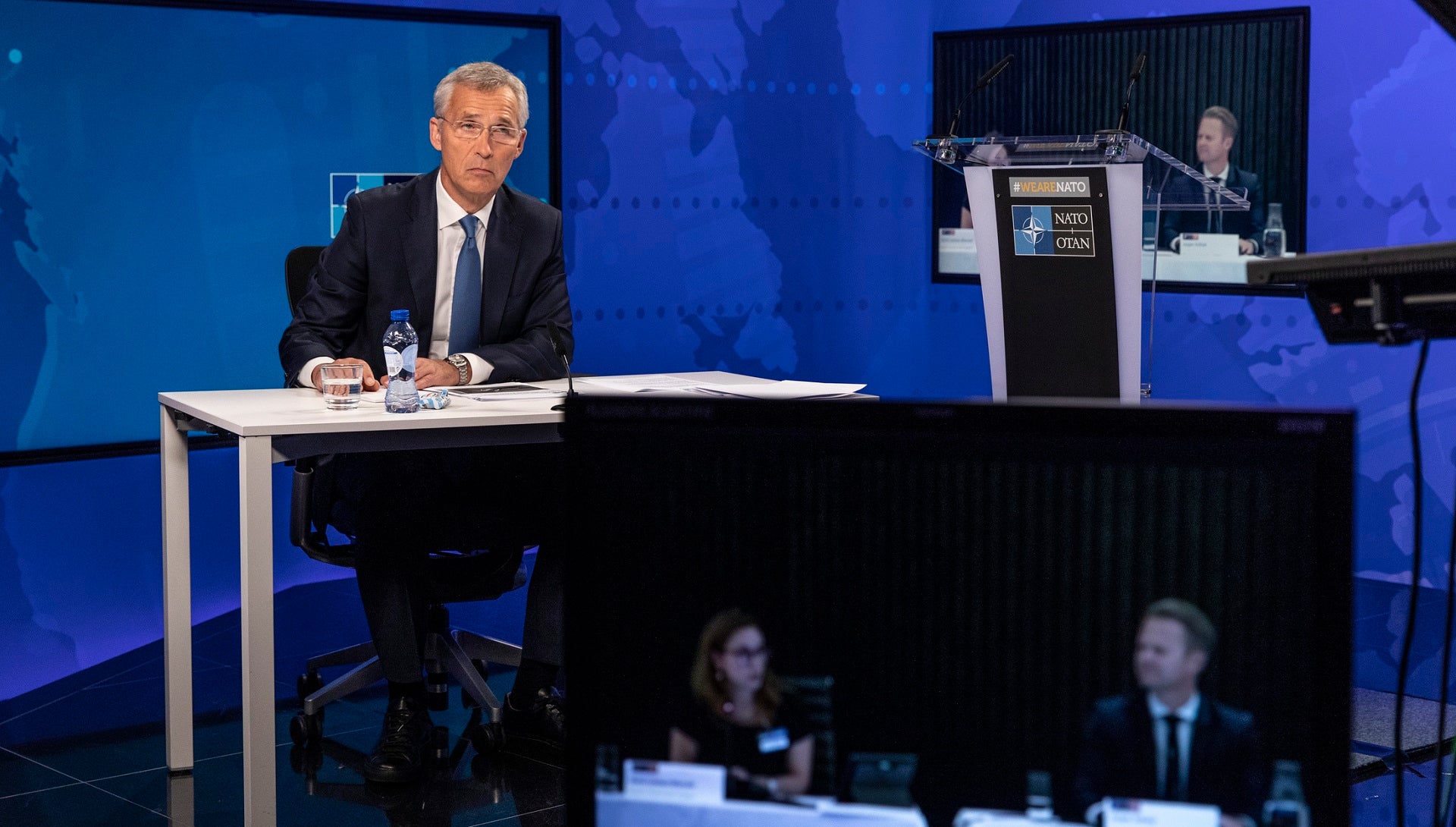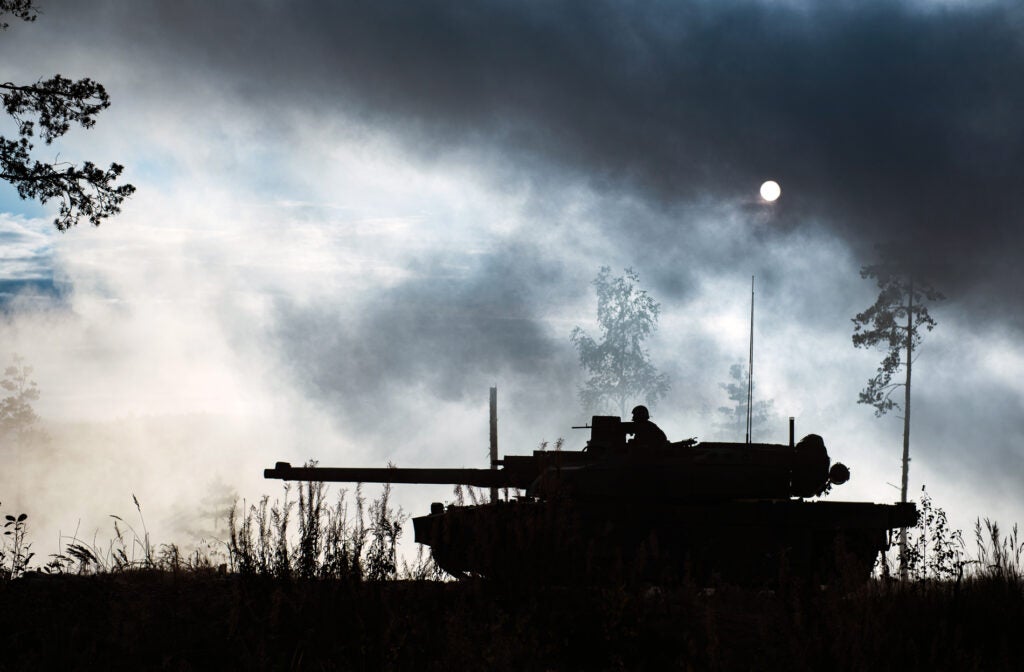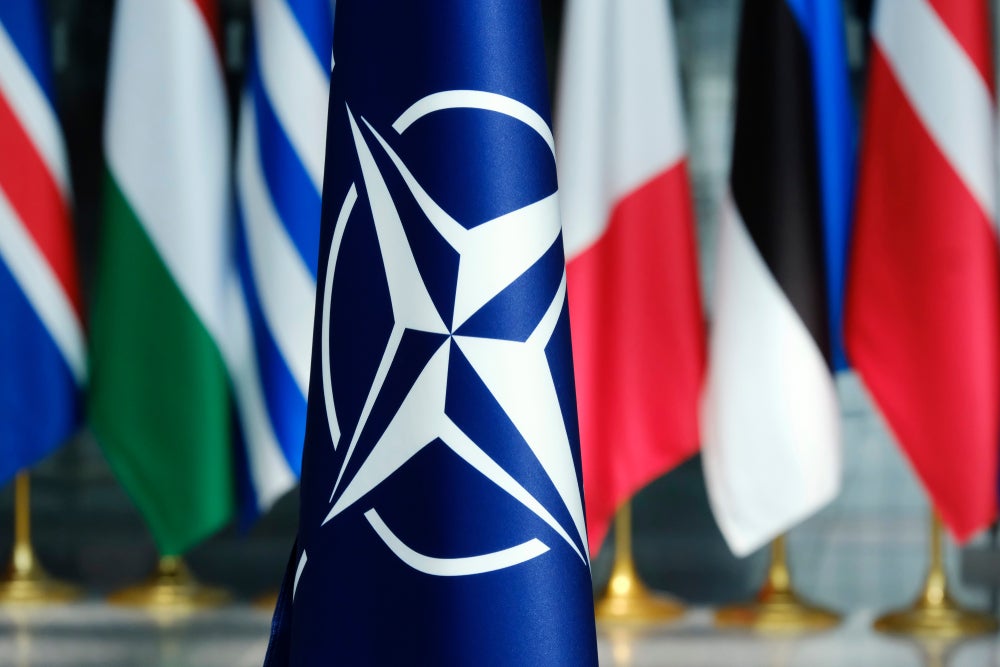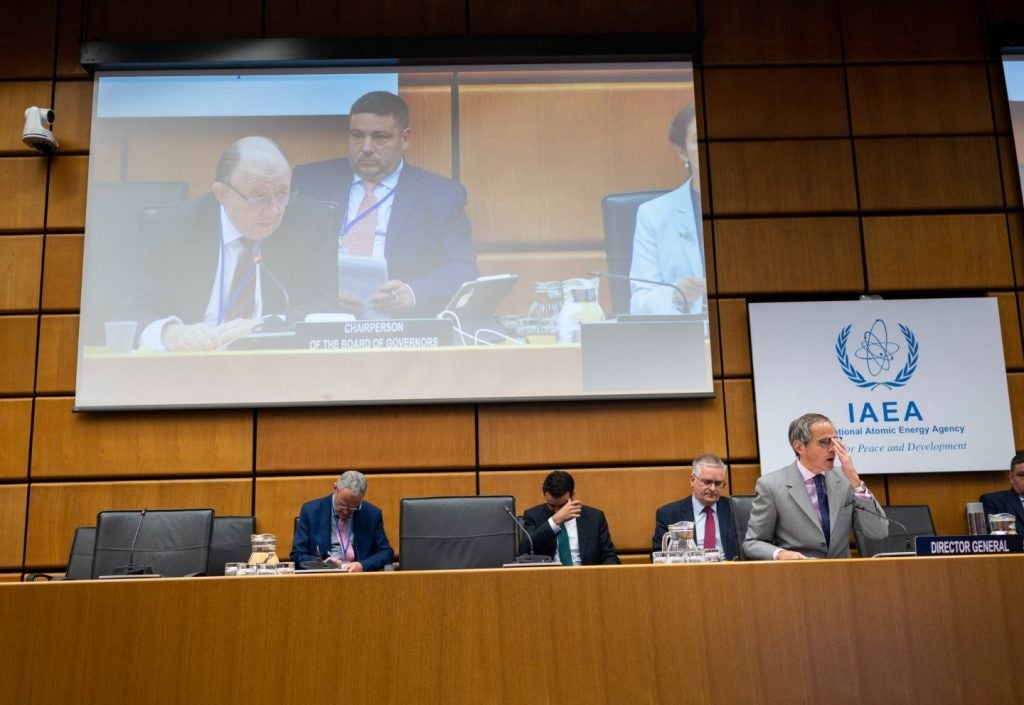
Nato secretary-general Jens Stoltenberg has laid out his priorities for nuclear disarmament at the 17th annual Nato arms control conference in Copenhagen, Denmark.
The event, which has been organised since 2004, provides a setting for senior national officials to informally discuss weapons of mass destruction (WMD) threats.
It regularly includes more than 150 attendees from around 50 countries.
Stoltenberg said that allies and other countries must continue to work closely towards achieving three goals, including preserving the Non-Proliferation Treaty (NPT).
He described NPT as the global nuclear arms control regime’s ‘cornerstone’ and called on the international community to make this year’s NPT Review Conference a success.
In addition, he emphasised the need to strengthen and modernise arms control and continue to respond together when treaties are violated.
How well do you really know your competitors?
Access the most comprehensive Company Profiles on the market, powered by GlobalData. Save hours of research. Gain competitive edge.

Thank you!
Your download email will arrive shortly
Not ready to buy yet? Download a free sample
We are confident about the unique quality of our Company Profiles. However, we want you to make the most beneficial decision for your business, so we offer a free sample that you can download by submitting the below form
By GlobalDataHe said that the allies need to use Nato ‘even more as a unique platform for dialogue on arms control, disarmament and non-proliferation’.
During his speech at the conference, the secretary-general warned that ‘Russia continues to ignore and bend’ international arms control rules while China is rapidly expanding its nuclear arsenal, including by ‘building a large number of missile silos’.
He said that this is happening without any limitation or constraint, and with a complete lack of transparency.
Stoltenberg also urged China to join international arms control efforts to limit the spread of nuclear weapons.
Furthermore, the secretary-general welcomed the New Start treaty extension.
Stoltenberg further noted that artificial intelligence (AI), autonomous systems and other such technologies’ impact on arms control should be addressed.
In November last year, Jens Stoltenberg rejected a UN treaty that bans nuclear weapons during Nato’s 16th annual WMD conference.







